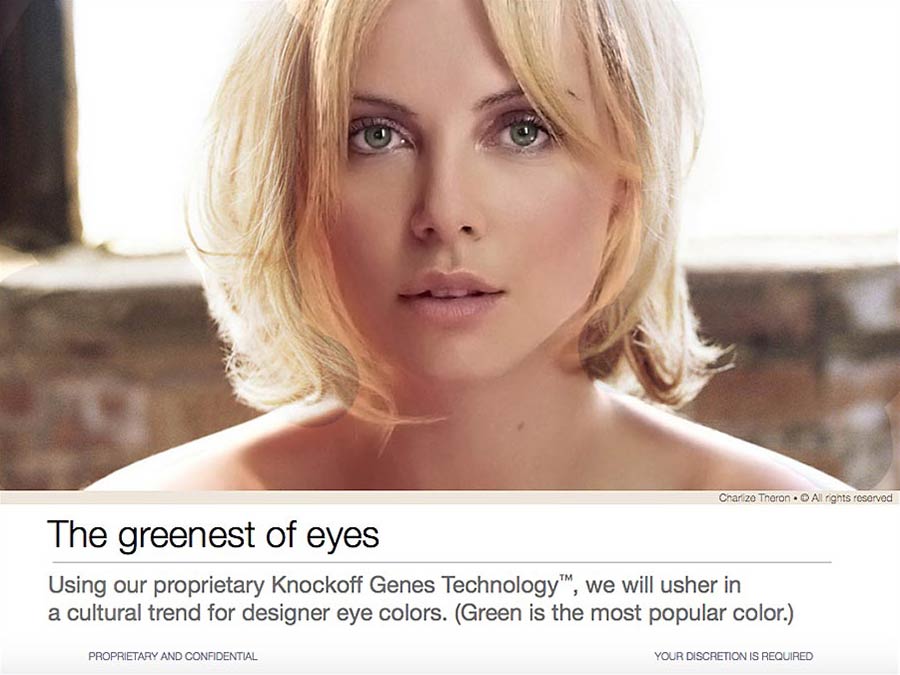It’s funny how the release of a new book takes you down certain paths. When Biohack hard-launched on Amazon about three weeks ago, I imagined that I’d be doing more speaking about indie publishing, as I did at my book launch party in San Francisco. (For 99 percent of new authors, self-publishing is by far the smartest way to go.)
But it turns out that a lot of the buzz around “Biohack” is turning out to be about the novel’s premise of an evil Silicon Valley-style biotech startup that goes into the business of genetic enhancement based on the mind-blowing advances in reproductive technologies since the power of CRISPR gene editing was unlocked just six short years ago.
In my book, it’s “Brave New World” in reverse – instead of the government deciding your genetic destiny, the free market prevails with all of the ugliness that unfettered capitalism brings.
Employees of the evil biotech company, Birthrights Unlimited, are told sex is for fun, not for making babies. It’s set in the mid-2020s when genetic science has advanced to the point where a lab can not only screen for genetic diseases but add “positive influences” and “genetic enrichment” to a pre-embryo. For various reasons, the bad guys begin to steal the DNA of Hollywood celebrities, and they start planning a grave team operation to steal the genetic remains of the most famous legends in history.
Given my past work in social media marketing, I decided to launch a futuristic website at BirthrightsUnlimited.com to portray how these next-gen technologies may begin to seep into the culture. (Scroll down to the bottom of the page to see what year you’re in.)
And so today I found myself on two podcasts.
DNA Today: A discussion about drawing lines
At the genetics podcast DNA, host Kira Dineen invited me to discuss the book and its message for society along with Katie Hasson, Ph.D., of the Center for Genetics and Society. The main point of contention was the news broken by NPR last week of the fertility clinic in Ukraine where babies are being born with three biological parents.
Hasson argued that the procedures cross a line that leads society down a slippery slope, while I argued (on the podcast and in this blog post on the Birthrights Unlimited blog) that the biological impulse to have your own genetically related child will always trump whatever strictures are placed upon new technologies by governments. (The procedure is banned in the U.S. but not in most of the world.)
Take a listen to the 25-minute DNA Today podcast and let me know your thoughts on the future of genetic engineering. You can subscribe on iTunes.

This Week in Law: Cloning, discarded DNA & life after death
This afternoon’s podcast on This Week in Law ran much longer, nearly two hours. Host Denise Howell steered the conversation to both weighty and arcane topics, and fellow guest Glenn E. McGee, Ph.D., the brilliant bioethicist, professor and author at the University of New Haven, and I held forth on everything from Barbara Streisand’s cloned dogs to the virtues of perpetual life (a la Netflix’s “Altered Carbon”) to the murky legal world of the DNA you leave behind at restaurants. (Note to Barbara: Your dogs are visiting the grave of their twin sister, not their mother.)
I won’t provide spoilters for what turned out to be a fun and entertaining episode, so you can watch it here or download it here or subscribe to it on iTunes.
Read the first four chapters of the new thriller “Biohack” for free.









Leave a Reply